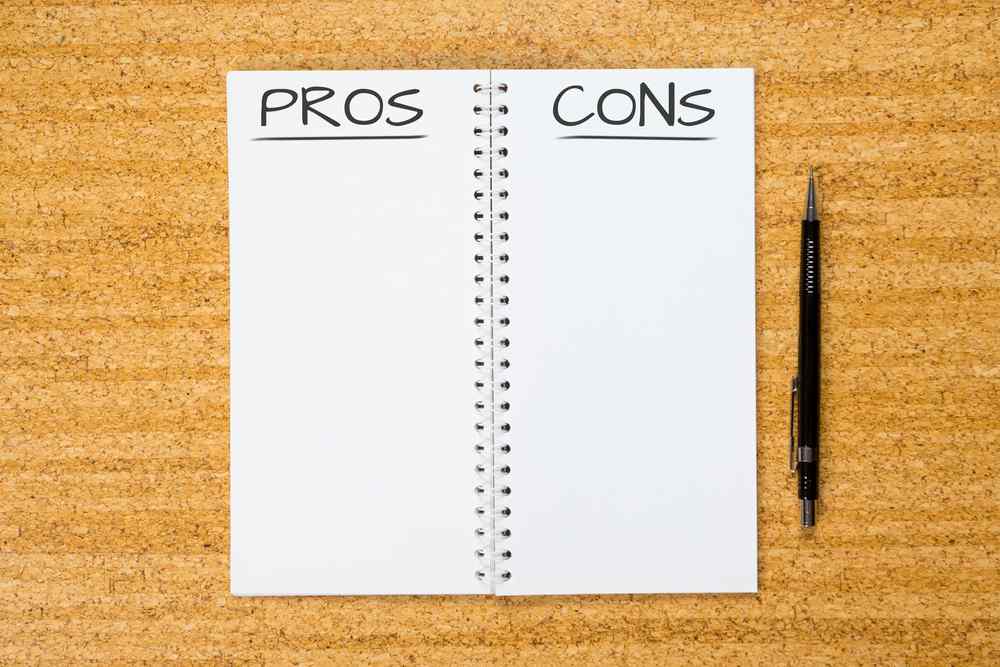Often you hear the drawbacks of the probate system and how it should be avoided at all costs, but the probate system was established to protect the decedent’s accounts and property, and the financial security of the family, whenever possible.
Probate is the legal process for dissolving an estate, whether the decedent has a last will and testament or not.
The probate process is designed to resolve debts and disperse an estate to the heirs following the instructions in the person’s will or by following state intestate laws if a will does not exist.
If the decedent has a will, the first step is filing a petition with the probate court to open the process and verify the will is legally valid.
Until this process is complete, no property or assets may be distributed.
After the will is approved, the next step is to officially appoint the executor or administrator.
The executor/administrator will be responsible for notifying all interested parties (beneficiaries or potential beneficiaries) and creditors.
They will also take an inventory of the estate, pay creditors, distribute the assets, and close the estate.
Probate System: The Pros
The probate system helps ensure that a person’s property and accounts are distributed according to state law, especially if they do not have a will.
The potential benefits of the probate process include the following:
- There is a time-tested and reliable system to which everyone has access to distribute their assets after their death, even if they don’t have a will.
- The probate court ensures that this distribution follows the decedent’s will and state law, which helps provide a sense of certainty and fairness for the beneficiaries.
- The probate process allows for the payment of debts and taxes before any assets are distributed to the beneficiaries.
- The probate process protects beneficiaries by limiting the amount of time a creditor can file a claim, which may result in discharge, reduction, or other beneficial settlement of a decedent’s debts.
- Probate can serve as a check against fraud or other illegal activities, such as forgery.
- The probate process validates the will and names the executor.
- Probate court can be especially advantageous for people with smaller estates, who may feel that estate planning is unaffordable.
- Probate courts can help limit conflicts between beneficiaries and resolve ones that develop as they are all accountable to the same court system.
- The probate system is a neutral third party that supervises the executor’s actions and ensures that accounts and property are distributed according to state law.
Probate System: The Cons
The probate process serves its purpose and protects the rights of beneficiaries.
However, like most things, one system does not work for everyone in the same way.
For this reason, many people build estate plans that help keep their property and assets out of probate.
Here are some of their reasons for doing so:
- The probate process can be time-consuming. It often takes months or longer to complete.
- Probate entails fees, which may add up to a considerable cost when considering court, attorney, and executor fees. These fees are all deducted from the estate, which leaves less money and assets for the beneficiaries.
- Probate is a matter of public record, which can be uncomfortable for some families. The family’s personal family and financial information become public knowledge.
- In more complex estates, the probate process can become complicated, which puts an unwanted strain on the executor. In some cases, an attorney is needed to assist the executor, which entails additional costs.
The advantages of probate depending on the state and the specifics of the case.
The financial costs added work, and delay in distributing assets lead many people to establish estate plans through the probate process.
An experienced estate attorney can help you avoid probate and develop a comprehensive estate plan.
You can schedule a call with us or reach us directly at 855.631.3457 to learn more about how best to plan today to protect those most important to you.








